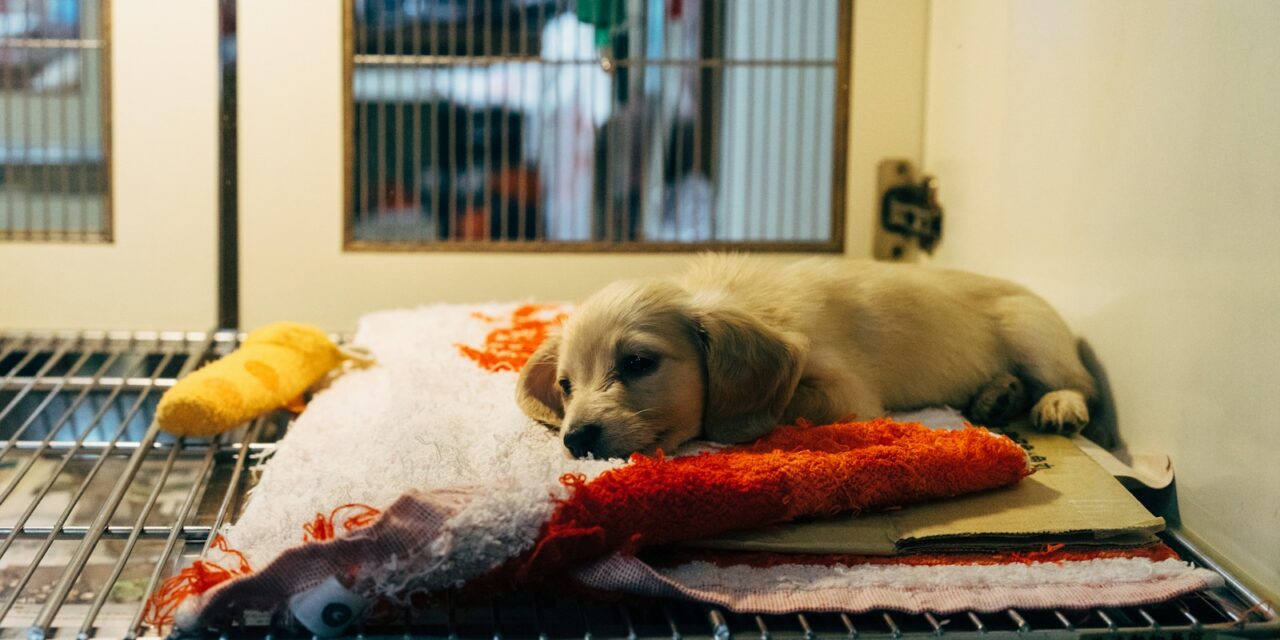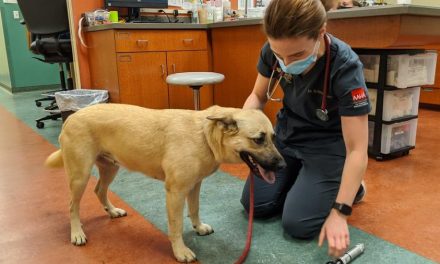The British Veterinary Association (BVA) has expressed its appreciation for the UK Government’s commitment to addressing the potential threat to Northern Ireland’s access to veterinary medicines following the UK’s departure from the European Union.
In response to the looming challenge, the Government has launched the Veterinary Medicines Working Group, tasked with exploring viable options to ensure the uninterrupted supply of veterinary medicines to Northern Ireland. The formation of this group aims to address the issue before existing regulations conclude in December 2024.
Urgent Reporting and Potential Implications
The newly established working group is expected to swiftly appoint its members and urgently report its findings. The urgency is driven by the significant implications if a resolution is not reached. In the absence of an agreement, Northern Ireland could lose access to approximately 51% of veterinary medicines. This also includes critical vaccines for zoonotic diseases like salmonella and leptospirosis, insulin for dogs and cats, and flu and tetanus vaccines for horses.
Esther Skelly-Smith, President of the British Veterinary Association NI Branch, acknowledges the serious threat that Northern Ireland faces regarding veterinary medicine access. The BVA has consistently called for increased dialogue between the UK Government and EU Commission on this matter. The establishment of the Veterinary Medicines Working Group is seen as a crucial step towards securing the supply chain.
Failure to address this issue could have severe and widespread consequences, affecting the veterinary profession as well as farming and equine sectors, and public health. Skelly-Smith also emphasizes that careful and creative exploration of solutions is essential to ensure the continued protection of animal and public health, along with the preservation of Northern Ireland’s vital agricultural industry.








